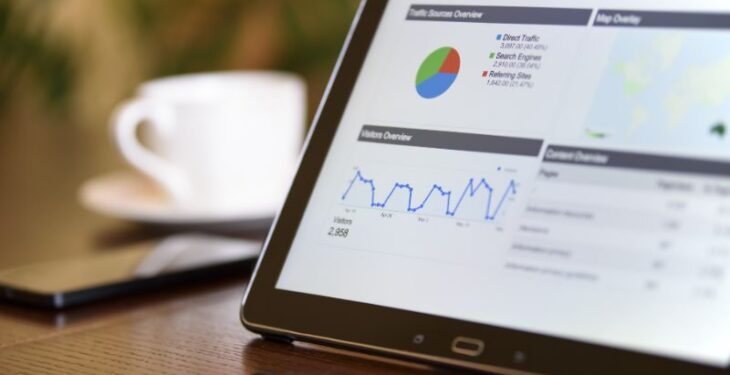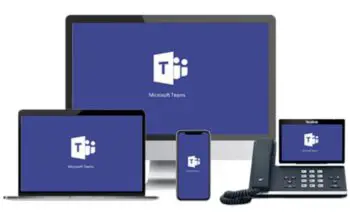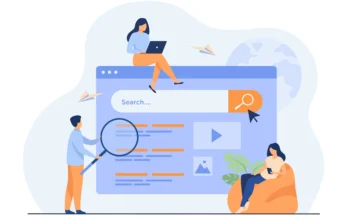Performance and digital marketing are related concepts, as both are essential marketing approaches brands use. They do have certain similarities, such as using tools like marketing-accepted leads (MQLs) and sales-accepted leads (SALs), to name but a few. Still, they have distinct focuses and strategies within the broader marketing realm.
When promoting goods, services, brands, or businesses to a target audience online or through other electronic channels, digital marketing uses digital media, platforms, and strategies.
Performance marketing is an all-encompassing strategy that aims to produce precise, quantifiable actions and results that directly support achieving predetermined objectives, such as clicks, conversions, leads, or sales.
Digital Marketing
Scope
- Includes a broader variety of marketing initiatives carried out through digital channels. Incorporates performance marketing as a subdivision.
Goals
- Diverse objectives, such as lead generation, customer retention, brand awareness, and engagement, are all possible. Focus on both short-term and long-term goals.
Metrics
- Includes measures that are both quantitative and qualitative. Performance marketing uses quantitative metrics, while qualitative metrics emphasize engagement, brand sentiment, and reach.
Approach
- It interacts with the audience by telling stories, using different content types, and developing relationships. It also considers both the current actions and the general perception of the brand.
Channels
- Digital marketing uses various digital platforms to establish a solid online presence. In addition to influencer marketing, it entails content marketing, social media marketing, email marketing, SEO, and SEM.
Integration
- Combines a variety of approaches and techniques to produce a coherent online marketing strategy. Combines different methods to create a comprehensive digital plan.
Long-Term Strategy
- Emphasizes creating a solid online presence, defining brand identity, and cultivating long-lasting relationships. It also considers the overall customer journey and lifetime value.
Performance Marketing
Focus
- Performance marketing emphasizes achieving precise, quantifiable results and undertaking actions that directly impact ROI. It is also primarily focused on producing instant results and increasing conversions.
Goals
- It is goal-oriented, concentrates on achieving a positive return on investment & targets actions like clicks, conversions, leads, sales, and other quantifiable results.
Pay-for-Performance
- Advertisers pay only when specific actions are completed & the budget allocation is closely tied to the performance of each campaign.
Channels
- It utilizes various digital channels for direct response marketing.
- Common channels include search engine advertising (PPC), social media advertising, affiliate marketing, and influencer partnerships.
Targeting
- Campaigns are highly targeted, focusing on specific audience segments likely to take desired actions.
- Precision targeting aims to maximize ROI by reaching the right audience.
Optimization
- They are constantly optimized based on real-time data insights to improve campaign performance. The aim is to achieve better results and higher efficiency.
Performance Marketing Strategies
The goal of performance marketing strategies is to take specific, quantifiable steps and produce results that have a positive return on investment (ROI).
Pay-Per-Click (PPC) Search Engine Marketing
- Make pay-per-click (PPC) campaigns on search engines like Google Ads to show advertisements when users look up pertinent keywords.
- To increase relevance, use ad extensions, ad scheduling, and geotargeting.
Social Media Promotion
- Promote your business by running targeted ads on social media sites like Facebook, Instagram, Twitter, and LinkedIn.
- To target particular demographics and interests, use careful audience segmentation.
- Try various ad formats (image, video, carousel) to find the most successful ones.
Marketing Affiliate
- Hire affiliates to market your goods or services so that you can pay them a commission for each sale or lead they generate.
- To encourage effective promotion, give affiliates promotional materials, tracking links, and rewards.
Email Marketing Campaigns
- Segment your email list and send targeted email campaigns to specific customer groups.
- Craft compelling subject lines and personalized content to increase open rates and conversions.
Remarketing and Retargeting
- Display ads to users who have previously interacted with your website or content.
- Remind users of products they’ve viewed or abandoned in their cart, encouraging them to complete their purchase.
Landing Page Optimization
- Create dedicated landing pages that align with your ad campaigns and offer a seamless user experience.
- Optimize landing page elements like headlines, images, forms, and CTAs to maximize conversions.
Digital Marketing Strategies
Digital marketing strategies cover a range of methods for promoting goods, services, brands, or companies online.
Content Promotion
- Create informative, entertaining, or problem-solving content for your target audience (blog posts, articles, videos, infographics).
- Share content on various platforms as guest bloggers, including your website, social media accounts, email newsletters, and other websites.
Optimization For Search Engines (SEO)
- Improve the visibility of your website in search engine results pages (SERPs).
- Concentrate on improving the on-page components, producing excellent content, constructing quality backlinks, and guaranteeing a positive user experience.
Email Advertising
- Obtain email addresses from subscribers who are interested in your goods or services.
- To nurture leads and keep customers, send targeted email campaigns with individualized content, promotions, and updates.
Advertisement Using Pay-Per-Click (PPC)
- Develop paid advertising campaigns on websites like Google Ads or social media to attract targeted visitors.
- Use keyword research, ad targeting, and persuasive ad copy.
Utilizing Influencers
- Work together with influential people in your sector to reach their attentive audiences.
- Engage influencers to produce content or make recommendations that highlight your goods or services.






